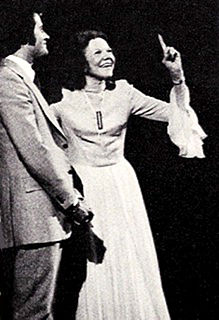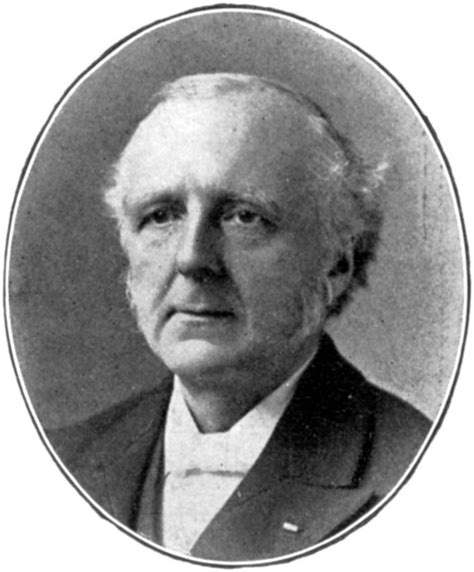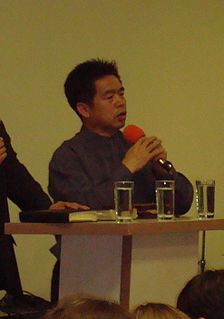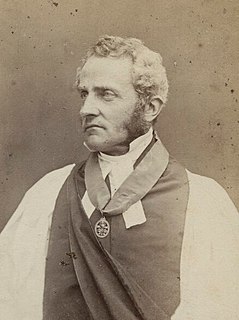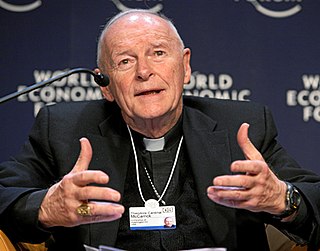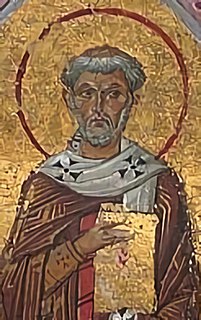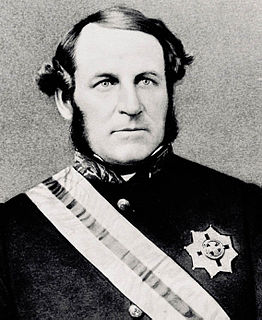A Quote by Pope Benedict XVI
Making the sign of the Cross - as we will do during the Blessing - means saying a visible and public "yes" to the One who died and rose for us, to God who in the humility and weakness of his love is the Almighty, stronger than all the power and intelligence of the world.
Related Quotes
How many people also in our time are in search of God, in search of Jesus and of his Church, in search of divine mercy, and are waiting for a "sign" that will touch their minds and their hearts! Today, as then, the Evangelist reminds us that the only "sign" is Jesus raised on the cross: Jesus who died and rose is the absolutely sufficient sign. Through him we can understand the truth about life and obtain salvation.
The story of Mary of Magdalene reminds us all of a fundamental truth...A disciple of Christ is one who, in the experience of human weakness, has had the humility to ask for his help, has been healed by him and has set out following closely after him, becoming a witness of the power of his merciful love that is stronger than sin and death.
Ah, afflicted one, your disabilities were meant to unite with God's enablings, your weakness to mate His power. God's grace is at hand -sufficent-- and at its best when human weakness is most profound. Appropriate it and learn that those who wait on God are stronger in their weakness than the sons of men in their stoutest health and vigor.
When we look at the cross we see the justice, love, wisdom and power of God. It is not easy to decide which is the most luminously revealed, whether the justice of God in judging sin, or the love of God in bearing the judgment in our place, or the wisdom of God in perfectly combining the two, or the power of God in saving those who believe. For the cross is equally an act, and therefore a demonstration, of God’s justice, love, wisdom and power. The cross assures us that this God is the reality within, behind and beyond the universe.
The world will not help, the people must help themselves. Its own strength is the source of life. That strength the Almighty has given us to use; that in it and through it, we may wage the battle of our life The others in the past years have not had the blessing of the Almighty - of Him who in the last resort, whatever man may do, holds in His hands the final decision. Lord God, let us never hesitate or play the coward.
The deepest need that you and I have in weakness and adversity is not quick relief, but the well-grounded confidence that what is happening to us is part of the greatest purpose of God in the universe - the glorification of the grace and power of his Son - the grace and power that bore Him to the cross and kept him there until the work of love was done.
If it were not for the Eucharist, if it were not for this marvelous manifestation of God's love, if it were not for this opportunity to place ourselves in the very real presence of God, if it were not for the sacrament that reminds us of His love, His suffering and His triumph, which indeed perpetuates for us His saving sacrifice on the cross, I am sure that I could never face the challenges of my life, my own weakness and sinfulness and my own need to reach out to the Living God.
What we see at the cross is the white-hot revelation of the character of God, of his love providing the price that holiness requires. The cross was his means of redeeming lost sinners and reconciling them to himself, but it was also a profound disclosure of his mercy. It is, in Paul’s words, an ‘inexpressible gift’ that leads us to wonder and worship, to praise and adore the God who has given himself to us in this way.
It is not enough to know the Son of God in the Father's nature only, unless we acknowledge Him in what is ours without withdrawal of what is His own. For that self-emptying, which He underwent for man's restoration, was the dispensation of compassion, not the loss of power. For, though by the eternal purpose of God there was 'no other name under heaven given to men whereby they must be saved' (Acts 4:12), the Invisible made His substance visible, the Intemporal temporal, the Impassable passable: not that power might sink into weakness, but that weakness might pass into indestructible power.
Whatever hinders us from receiving a blessing that God is willing to bestow upon us is not humility, but the mockery of it. A genuine humility will ever feel the need of the largest measures of grace, and will be perfected just in the degree in which that grace is bestowed. The truly humble man will seek to be filled with all the fullness of God, knowing that when so ?lled there is not the slightest place for pride or for self.
God does not need your strength: he has more than enough of power of his own. He asks your weakness: he has none of that himself, and he is longing, therefore, to take your weakness, and use it as the instrument in his own mighty hand. Will you not yield your weakness to him, and receive his strength?


